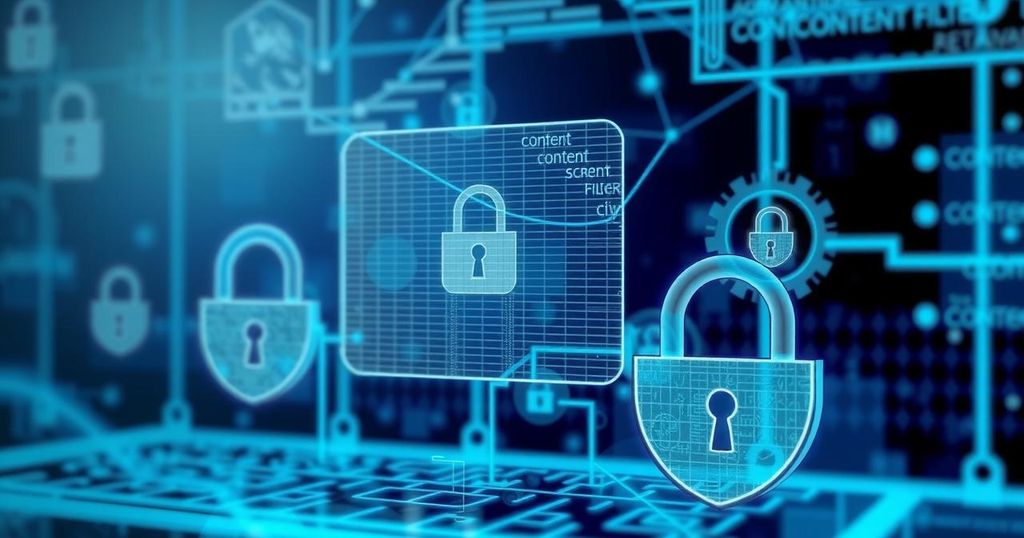The Nigerian House of Representatives has instructed the NCC to block all pornographic sites in Nigeria, compelling internet service providers to comply immediately. Sponsored by lawmaker Dalhatu Tafoki, the motion highlights the negative social impacts of pornography and aligns with religious values against obscenity. The House plans to impose penalties for non-compliance.
The Nigerian House of Representatives has mandated the Nigerian Communications Commission (NCC) to block all pornographic websites in the country. This directive requires the Commission to compel internet service providers to implement this action immediately. The motion, sponsored by Dalhatu Tafoki, an All Progressives Congress lawmaker from Katsina State, underscores the legislative body’s concern regarding the rising issue of cyber pornography.
During the motion’s presentation, Mr. Tafoki emphasized the inadequacy of Nigeria’s measures to combat this global problem, highlighting the country’s deeply religious foundation where major faiths oppose nudity and obscenity. He noted that numerous countries in Asia, Africa, and the Middle East have already legislated against pornography, urging Nigeria to follow suit.
Mr. Tafoki cited warnings from psychologists and sociologists about the detrimental effects of pornography, asserting that such content could contribute to issues like adultery, prostitution, and addiction. The House’s Speaker, Tajudeen Abbas, conducted a voice vote, leading to strong support for the motion among lawmakers.
Furthermore, the House has instructed the NCC to impose penalties on service providers who fail to adhere to this directive, thereby enhancing the enforcement of this resolution across Nigeria.
In conclusion, the Nigerian House of Representatives has taken significant action by directing the NCC to block all pornographic websites in the country. This strategic move reflects a broader concern about the impact of pornography on society, aligning with the values of a predominantly religious nation. The emphasis on compliance from internet service providers and the potential for penalties underscores the urgency of addressing this issue effectively.
Original Source: dailypost.ng






